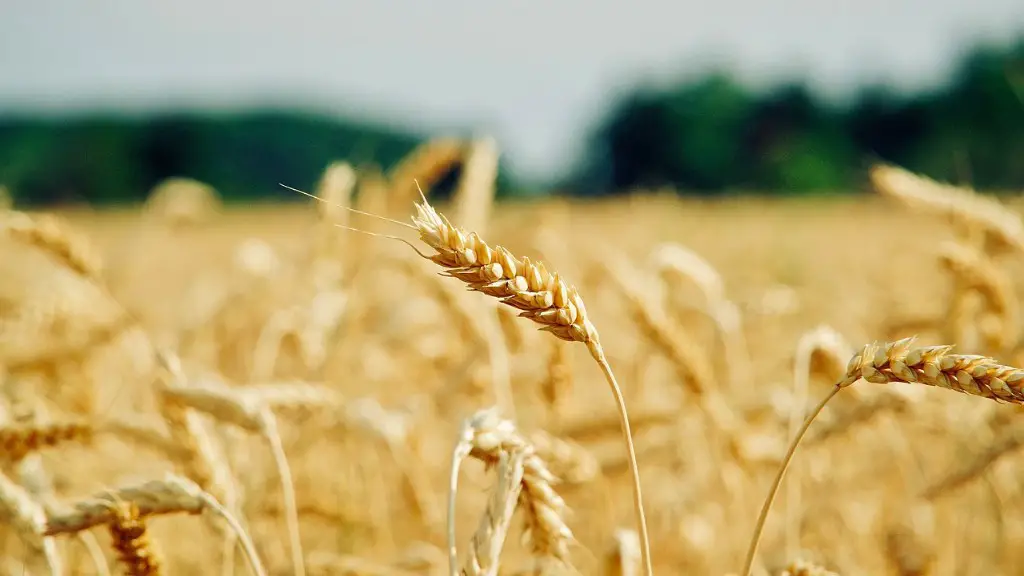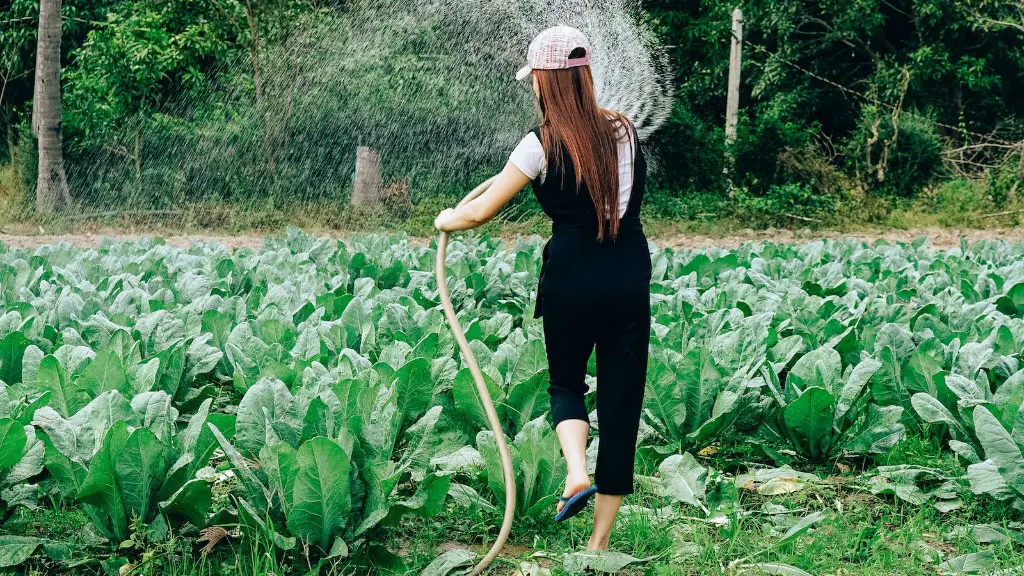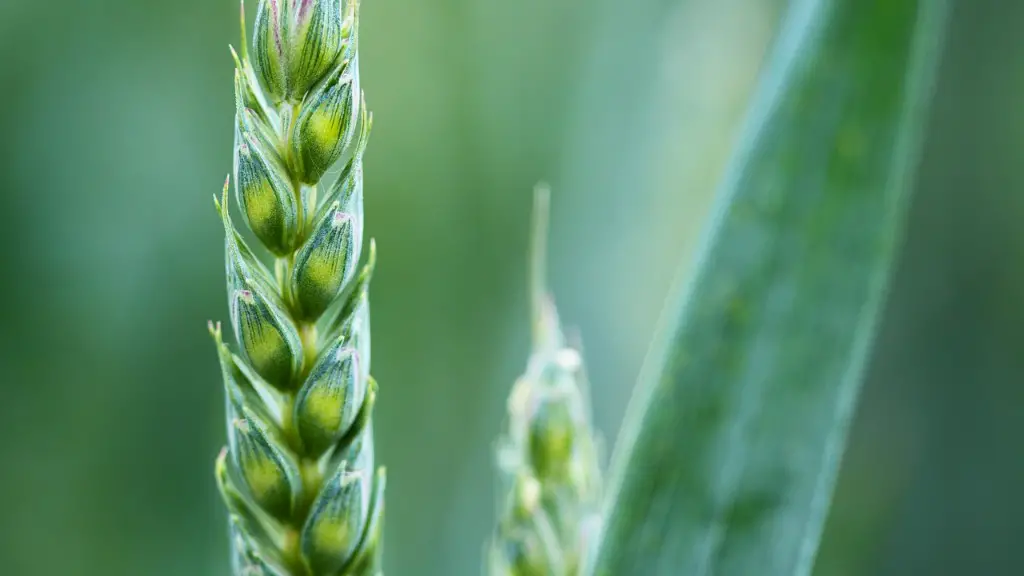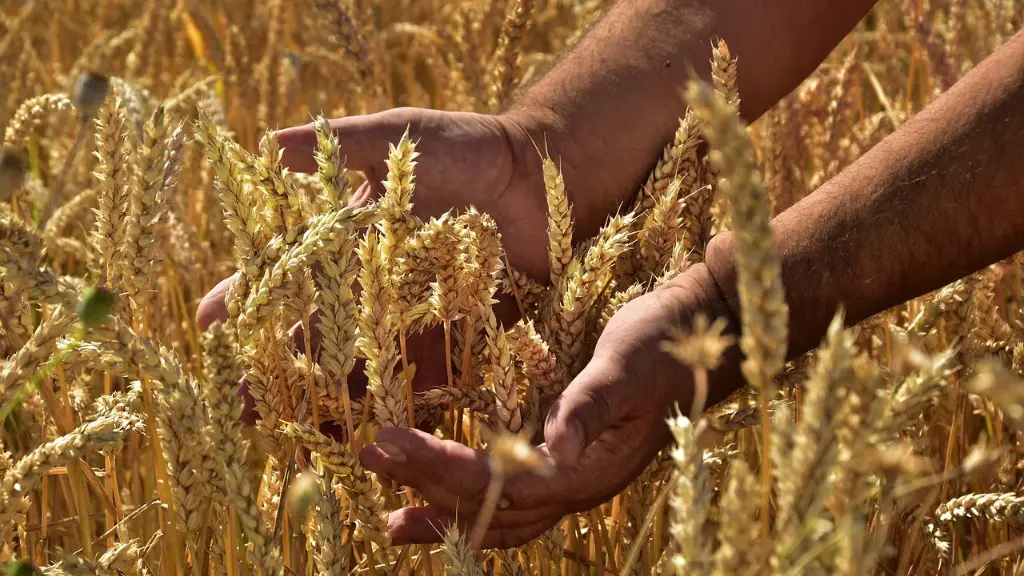There are many theories about why homo sapiens started to prefer agriculture over hunting and gathering, but the most likely reason is that it was simply more efficient. Agriculture allowed for a more reliable food source, which was especially important for growing populations. Agriculture also allowed for the domestication of animals, which provided another source of food and labor.
Some archaeologists believe that the transition from hunting and gathering to farming was likely a gradual process that occurred over thousands of years. The change may have been motivated by a number of factors, such as a population growth or a change in the climate. Additionally, early farming methods were likely less efficient than hunting and gathering, so it is possible that the switch was simply a matter of necessity. Whatever the reasons, the adoption of agriculture was a pivotal moment in human history that led to the development of civilizations.
Why did Homo sapiens switch towards agriculture?
Homo sapiens began to prefer agriculture for food production in order to lead a settled life. Agriculture allowed for the domestication of plants and animals, which led to a more stable food supply. This stable food supply allowed for the development of civilizations.
The ‘Neolithic Revolution’ was a period of rapid and significant transition in human history, around 11,000 years ago. At this time, hunter-gatherers laid down their spears and began farming. This transition had a profound impact on human society, shaping the way we live today.
Why did humans develop agriculture
When humans began to domesticate plants and animals, they were able to establish communities and transition from a nomadic hunter-gatherer lifestyle. This allowed them to build larger groups and develop agricultural communities. These communities are thought to have first developed approximately 10,000 years ago.
It is true that agriculture has long been regarded as an improvement in the human condition. Once Homo sapiens made the transition from foraging to farming in the Neolithic, health and nutrition improved, longevity increased, and work load declined. However, there are now many people who are critical of the way that modern agriculture is practiced. They argue that it is detrimental to the environment, that it is cruel to animals, and that it is not sustainable in the long term.
Why was agriculture so important to humans?
Agriculture is one of the most important inventions of human history. It allowed for the growth of civilizations by enabling people to grow all the food they needed in one place. This led to massive population growth and the development of cities and trade.
The Egyptians were among the first peoples to practice agriculture on a large scale. This was made possible with the development of basin irrigation, which allowed them to grow crops in the desert. The Egyptians used irrigation to water their crops, which allowed them to grow crops in the desert.
Why were early humans called first farmers?
People started to protect plants from birds and animals so that they could grow and the seeds could ripen. In this way, people became farmers.
The note says that humans originally got their food from the forest, but as time passed they became more civilized and began to expand their knowledge. They discovered that they could also get their food from agriculture.
How did agriculture influence human settlement
It is often said that agriculture was the spark that ignited the human population explosion. This is because agriculture allowed people to stay in one place, and increased food production caused the population density to expand far beyond levels that could be sustained by hunting and gathering alone. This growth in population density provided a critical mass of people to sustain and spread contagious infectious diseases. Without agriculture, it is unlikely that the human population would have ever reached the levels that we see today.
This is an interesting finding that smaller jaws in farmers may have led to dental issues like malocclusion. It is possible that the change in diet from hunter-gatherers to farmers led to this change in jaw size. Further research is needed to confirm this finding and to determine what other factors may have contributed to it.
How did the beginning of agriculture influence the life of the early man?
Agriculture has definitely had a huge impact on the way humans have lived throughout history. It’s hard to imagine a time when people didn’t grow their own food, but before agriculture, that’s exactly what people did. They were nomadic, constantly moving from place to place in search of food. Once agriculture was developed, people could settle down in one place and grow their own food. This led to all sorts of other changes, like the development of cities and civilizations. It’s fascinating to think about how different our world would be without agriculture!
Agriculture has been around for at least 10,000 years and has undergone many changes since its early beginnings. The first cultivated plants were likely wheat and barley, and since then, other crops like rice, maize, and potatoes have been added to the list of agricultural staples. With the development of irrigation and other technologies, agriculture has become more efficient and productive, capable of feeding ever-increasing populations. In recent years, agriculture has come under pressure as a result of climate change and dwindling resources, but it remains an essential part of the global food system.
What about humans changed following the beginning of agriculture
The human population has exploded over the last few hundred years, thanks in large part to our ability to grow and raise our own food supply. This has allowed us to spread out across the globe and to live in far greater numbers than would otherwise be possible.
The Zagros Mountain range, which lies at the border between Iran and Iraq, was home to some of the world’s earliest farmers. Sometime around 12,000 years ago, our hunter-gatherer ancestors began trying their hand at farming. This was a crucial turning point in human history, as it led to the development of civilizations and the rise of cities. Today, the Zagros Mountains are still home to many farmers, who continue to eke out a living from the land.
How did humans first discover farming?
Farming began in the Fertile Crescent region around 10,000 BC. Hunter-gatherers who were searching for food began to harvest the wild grains they found growing there. They would scatter the spare grains on the ground, so that more food could grow. Over time, they began to domesticate the plants and animals in the area, developing the first civilizations.
Humans were still gatherers during this time – they would gather the food that they could eat. As the greenery increased, people started observing the places where edible plants could be found, how seeds broke off stalks, fell on the ground, and new plants sprouted from them. This was the beginning of agriculture, and it allowed humans to settle down in one place instead of constantly moving to find food.
Warp Up
The reasons for the preference for agriculture over hunting and gathering are varied and complex. In some cases, it may have been a response to climate change; in others, it may have been a matter of population pressure or the availability of resources. It is likely that a combination of these factors played a role in the transition to agriculture.
Homo sapiens started to prefer agriculture because it was a more reliable source of food. Agriculture allowed for the domestication of plants and animals, which provided a steady supply of food. This was especially important during times of drought or other natural disasters, when hunting and gathering would have been less productive.




